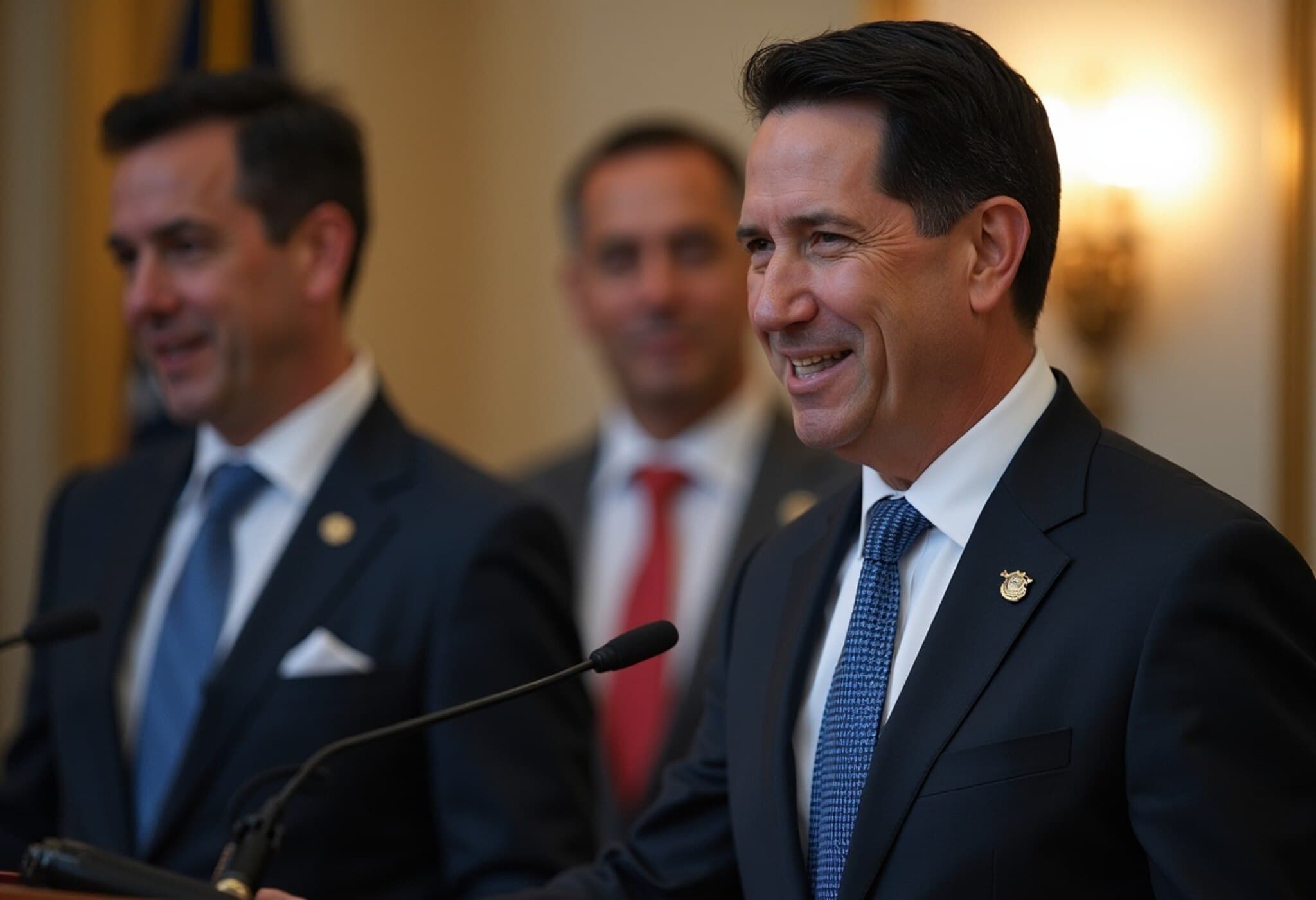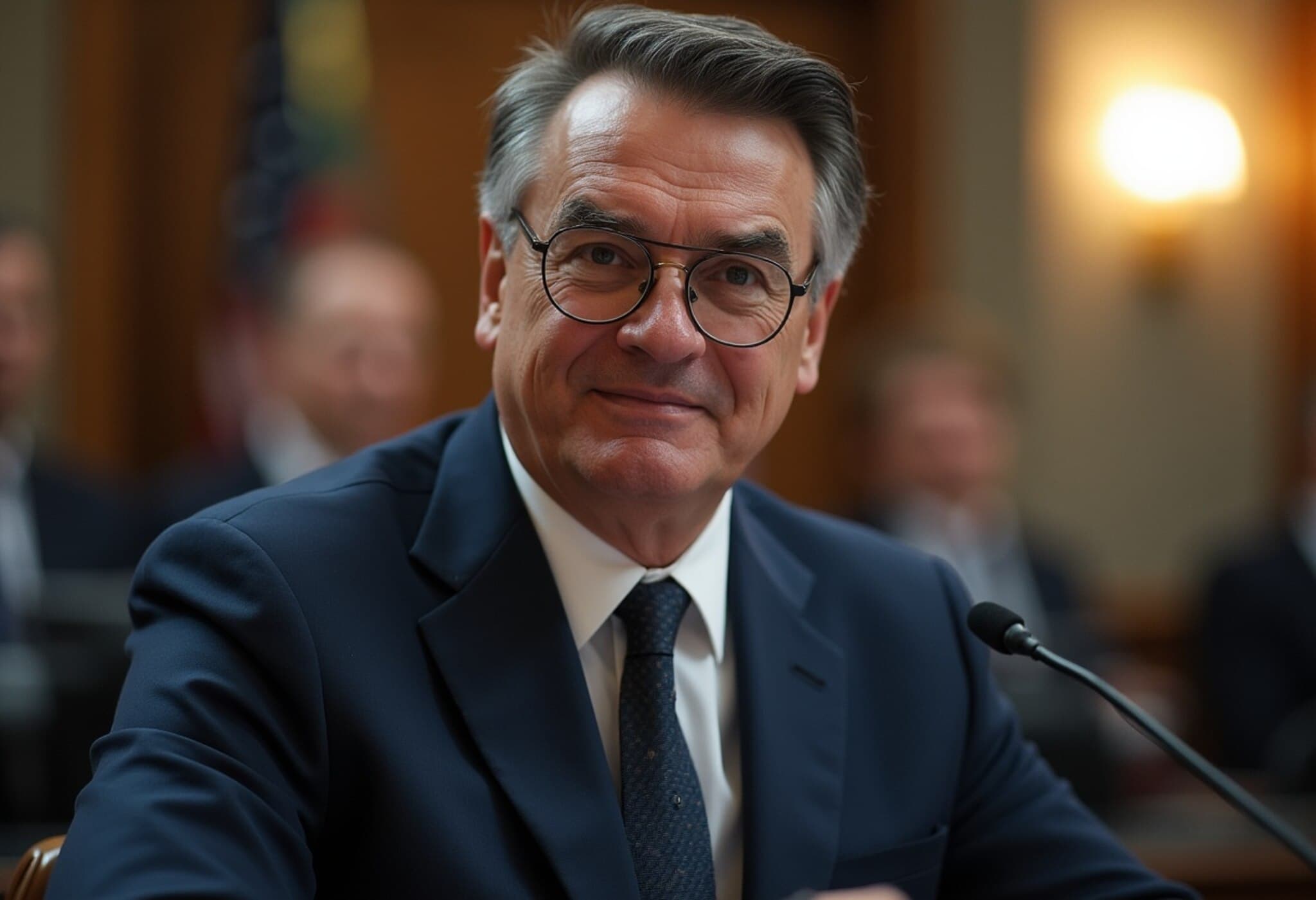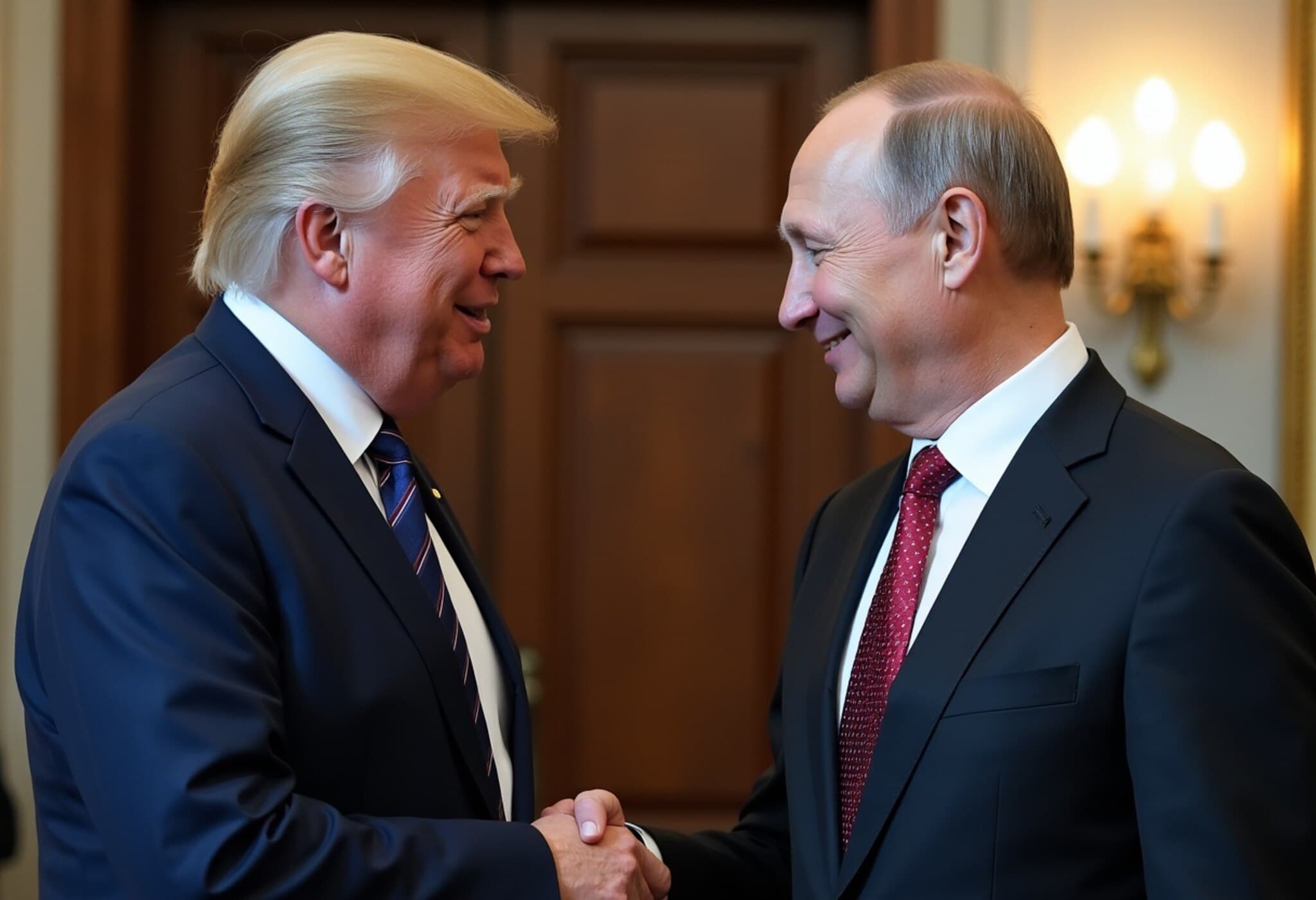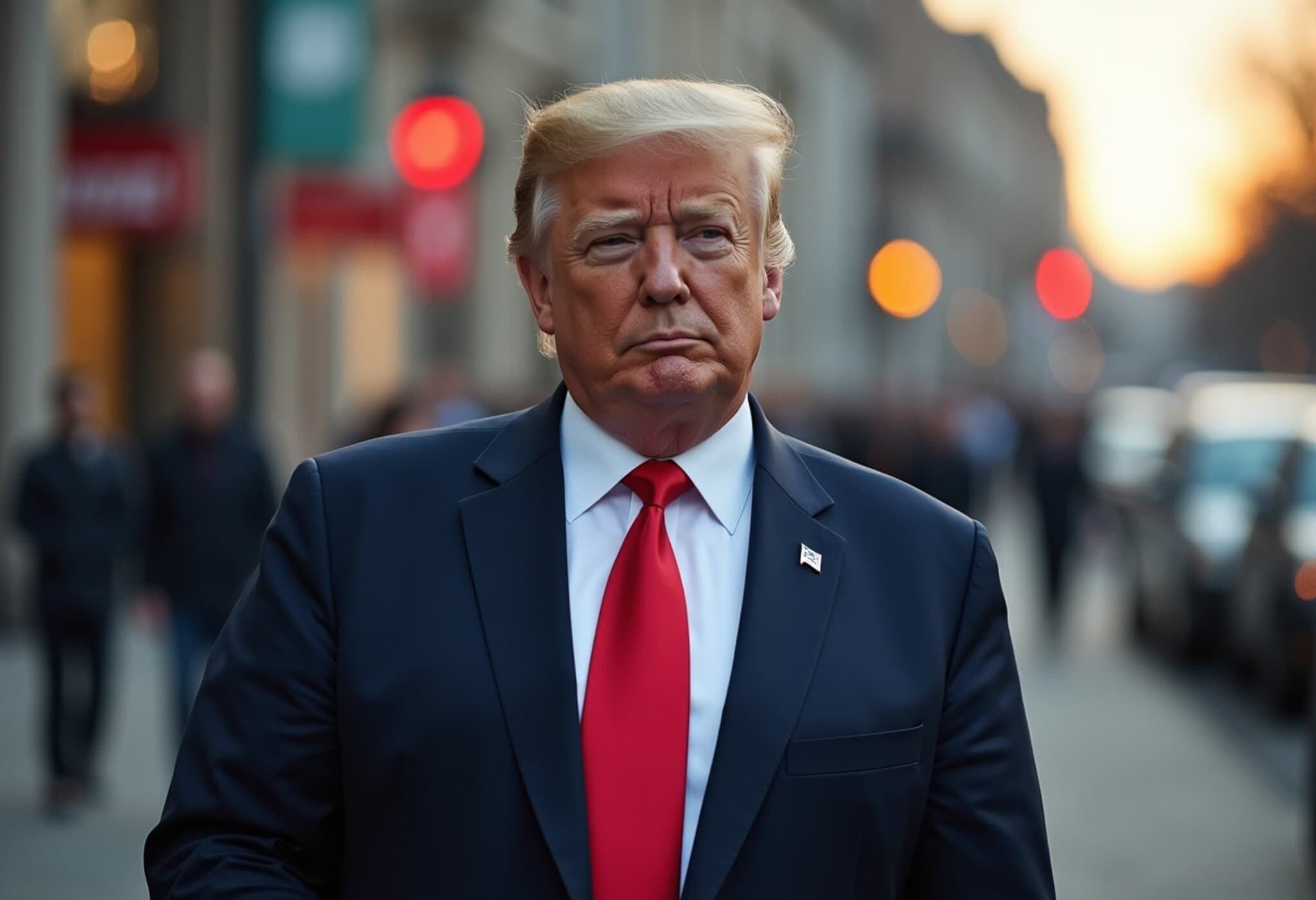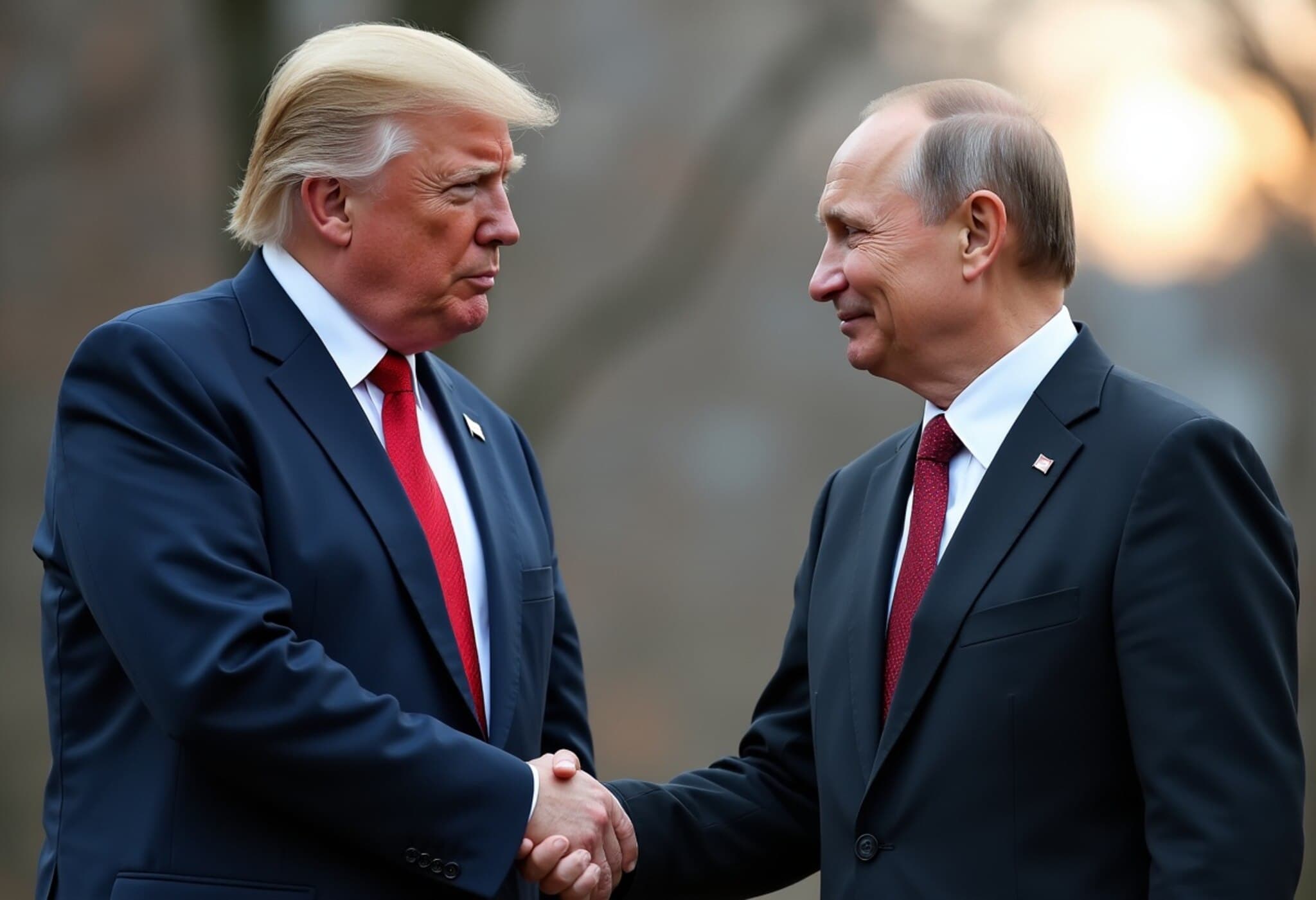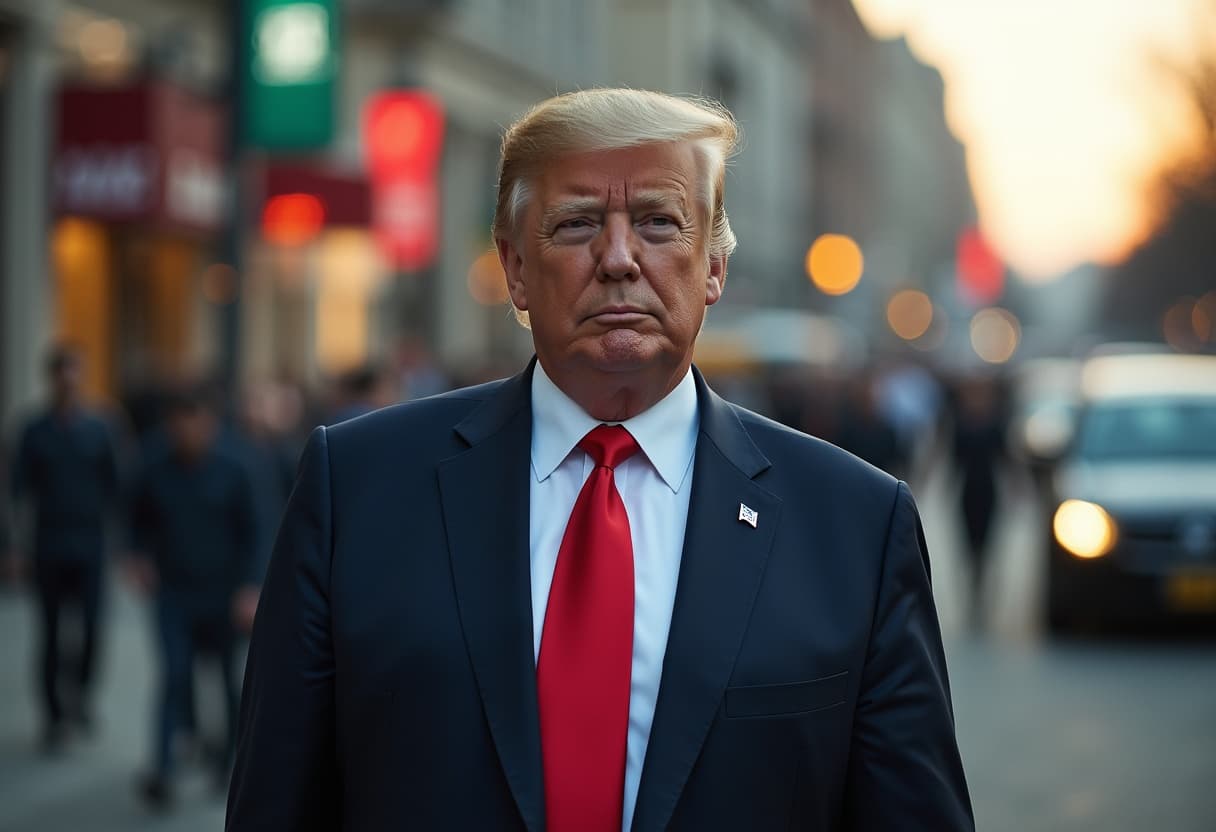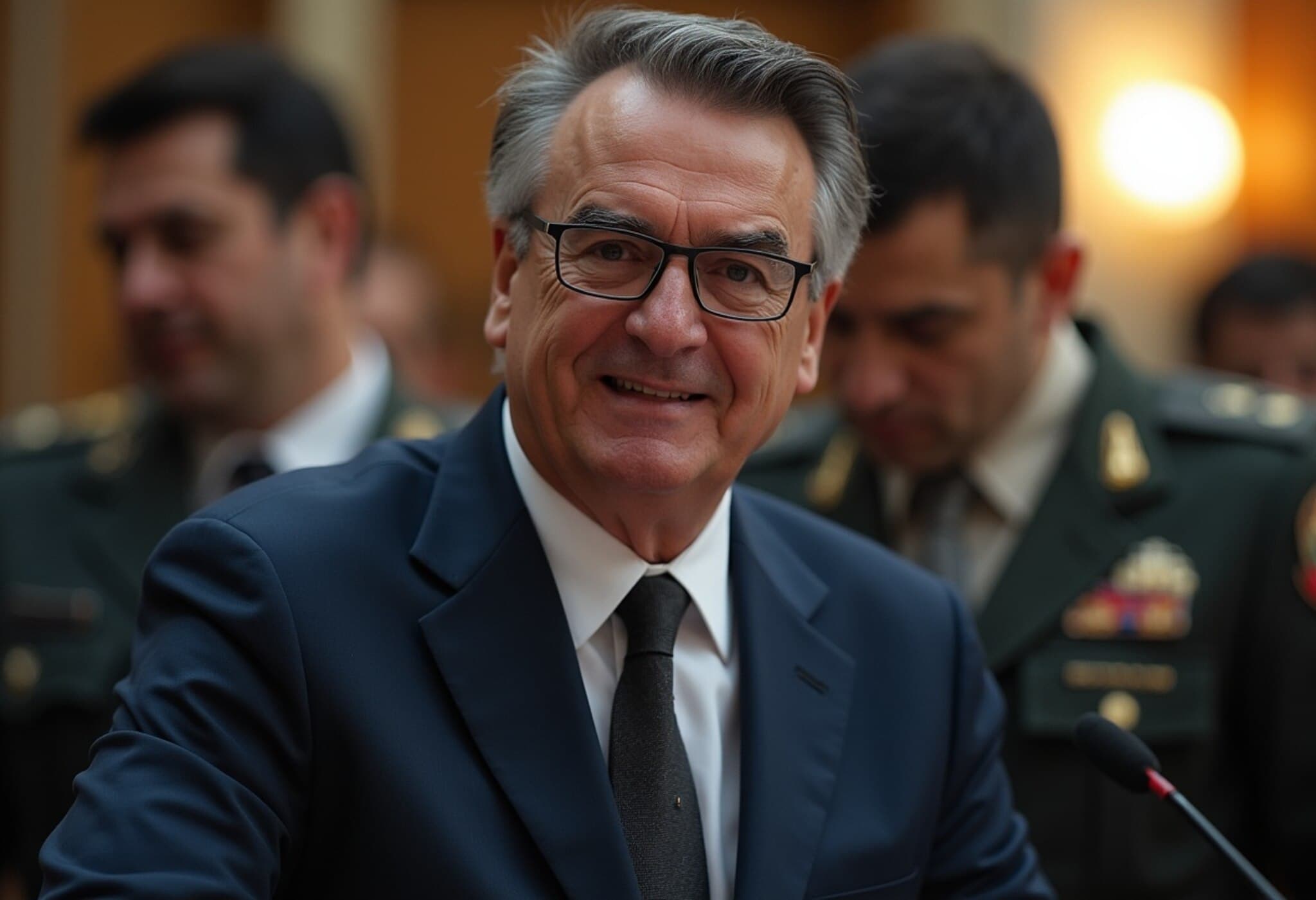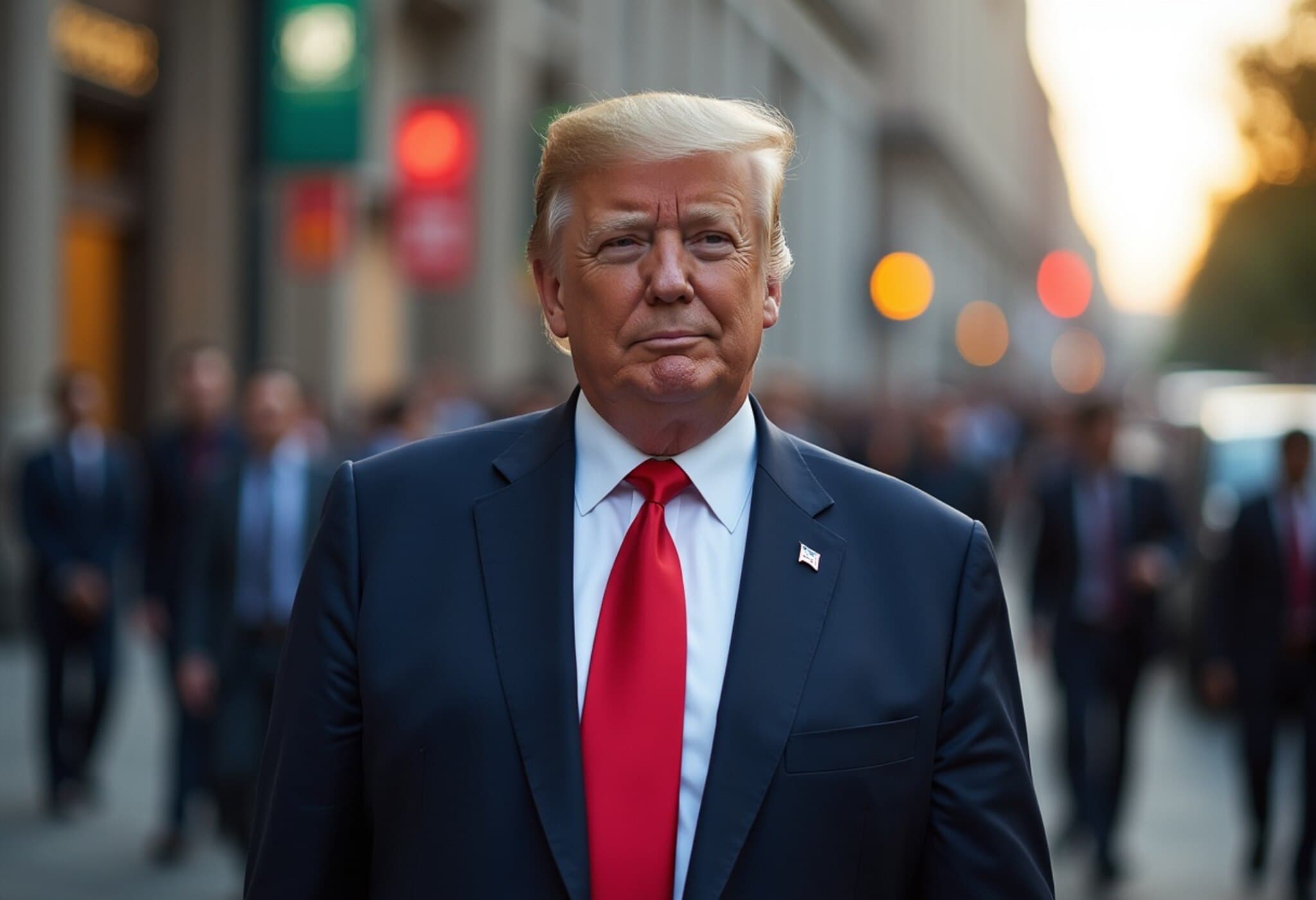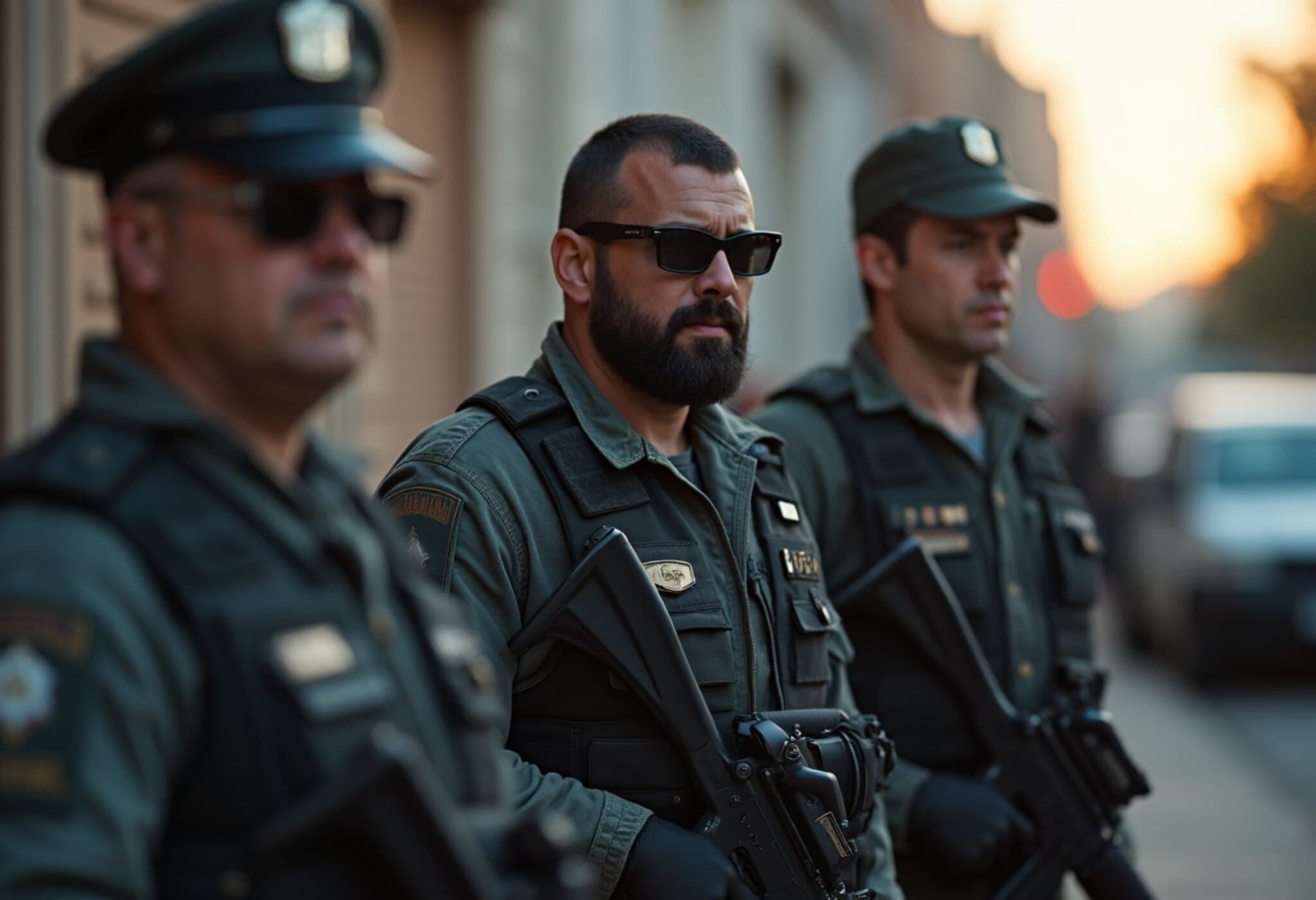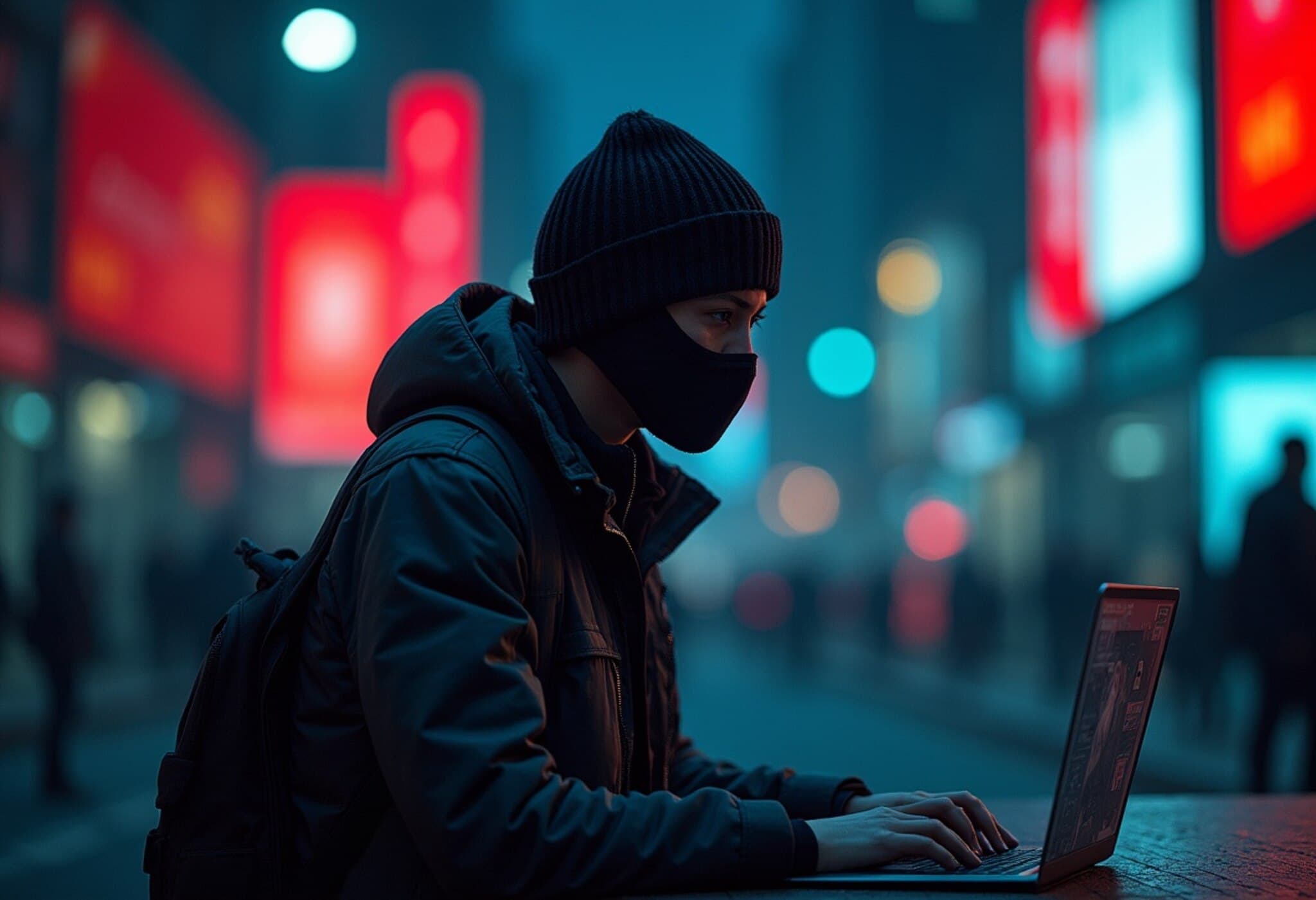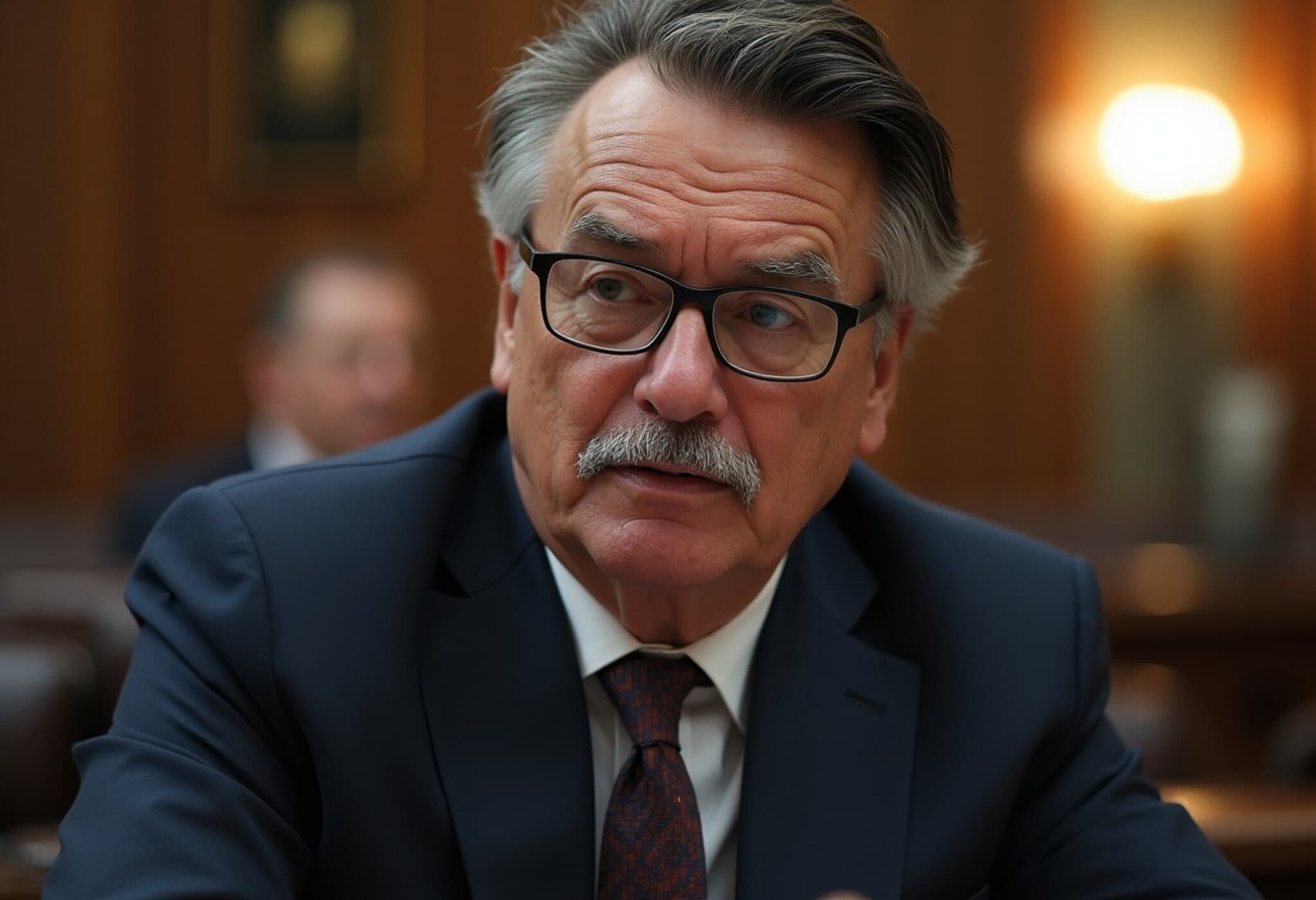U.S. Accelerates Crackdown on Latin American Crime Networks
In a bold move to combat the escalating drug violence sweeping through Latin America, U.S. Secretary of State Marco Rubio announced enhanced cooperation with partner nations aimed at dismantling criminal organizations through more aggressive, targeted operations. Speaking from Quito, Ecuador, Rubio emphasized the Trump administration’s commitment to pursuing violent criminal syndicates with greater force and strategic precision.
“A War on Killers and Terrorists”
Addressing reporters alongside Ecuador’s Foreign Minister Gabriela Sommerfeld, Rubio underscored the stakes involved: “You cannot have economic prosperity without stability, and you cannot have stability without security,” he remarked, linking economic growth to crime reduction. Highlighting a recent U.S. Navy strike on a Caribbean vessel associated with Venezuela's Tren de Aragua cartel that resulted in 11 fatalities, Rubio framed such actions as part of an ongoing “war.”
“Those governments will help us find these people and blow them up,” Rubio stated, signaling a unified approach where local authorities are empowered and supported by U.S. resources to target these networks. He clarified, “They might do it themselves, and we’ll help them do it,” reflecting a collaborative yet forceful strategy to dismantle drug trafficking operations.
Designation of Crime Groups as Terrorist Organizations
In a significant policy shift, the U.S. Department of State is labeling two prominent Ecuadorian criminal groups, Los Lobos and Los Choneros, as foreign terrorist organizations. This move expands the government's arsenal, enabling the imposition of stringent financial sanctions and bolstering international cooperation. Rubio suggested that this list of designated groups will grow, signaling continued pressure on illicit networks.
Previously, the Trump administration designated Venezuela’s Tren de Aragua as a terrorist entity, marking an intensification in how U.S. foreign policy frames drug cartels—as not only criminal enterprises but also threats to national and regional security.
Financial Aid and Security Investments
The U.S. is pledging an additional $13.7 million to combat drug trafficking and related crimes in Ecuador, including a $6 million investment in advanced drone technology to enhance surveillance and interdiction efforts. Concurrently, talks are underway to craft a new extradition treaty, underscoring a renewed commitment to legal cooperation across borders.
Contextualizing the Security Challenge in Ecuador
Ecuador faces a dire security crisis, with violent death rates surging to record levels and gangs warring for control of drug corridors. President Daniel Noboa, who was recently re-elected on a platform promising law and order, declared a national state of emergency in January 2024 amid growing public pressure. While this has strengthened enforcement capabilities, it has also sparked concerns about potential human rights violations—a common tension in counter-narcotics operations within the region.
Rubio’s visit is part of a broader Latin America tour that included meetings with Mexico’s President Claudia Sheinbaum. Both leaders agreed on respecting sovereignty while cooperating to close gaps exploited by transnational crime syndicates such as Mexico’s Jalisco New Generation and Sinaloa cartels, notorious for extending their influence beyond borders.
Balancing Sovereignty and Cooperation
Rubio’s diplomatic mission reflects a nuanced dance between asserting U.S. interests and respecting regional autonomy. Notably, Mexican officials have drawn firm lines against unilateral U.S. incursions, emphasizing sovereignty. Ecuador, lacking a shared border with the U.S., offers a more flexible environment for deepening security ties, though challenges persist regarding the treatment of deportees and the balancing of national interests.
Underreported Angles: Economic Dynamics and Geopolitics
Amid security concerns, there is growing U.S. pressure on Ecuador to temper its expanding economic relationship with China. Rubio hinted at an impending bilateral trade agreement that could realign Ecuador’s commercial orientation more closely with the United States, presenting an economic dimension to the security dialogue.
Legal and Ethical Questions Surrounding Military Actions
The administration’s recent maritime strike, while hailed domestically as a decisive blow to drug traffickers, remains controversial internationally. Secretary Rubio declined to elaborate on the legal basis for the attack, asserting only that the targeted vessel posed an immediate threat to U.S. security.
Venezuelan officials condemned the strike as extrajudicial killings, igniting a debate on the limits of U.S. military action abroad and the implications for international law and human rights. This controversy spotlights a gray area in counter-narcotics policy where aggressive tactics risk political fallout and diplomatic strain.
Looking Ahead: What This Means for the Region
- Expanded counterterrorism tools: Designation of criminal groups as terrorist organizations could shift how resources and intelligence are shared.
- Increased security cooperation: New funding and technology transfers signal deeper U.S. involvement in Latin American law enforcement.
- Geopolitical implications: The intertwining of trade, migration, and security policies reflects broader U.S. strategic priorities amid shifting global alliances.
However, balancing effective enforcement with respect for human rights and sovereignty will be paramount as U.S. and Latin American leaders navigate this complex terrain.
Editor’s Note
This heightened focus on combating drug cartels underscores an evolving U.S. strategy that frames organized crime through the lens of national security, bordering on counterterrorism. While the approach promises robust action, it invites critical reflection on the legal frameworks guiding such interventions and the potential costs to civil liberties in partner countries. Readers should consider the fine line policymakers walk between decisive security measures and safeguarding democratic principles in a region long scarred by violence and political complexity.

